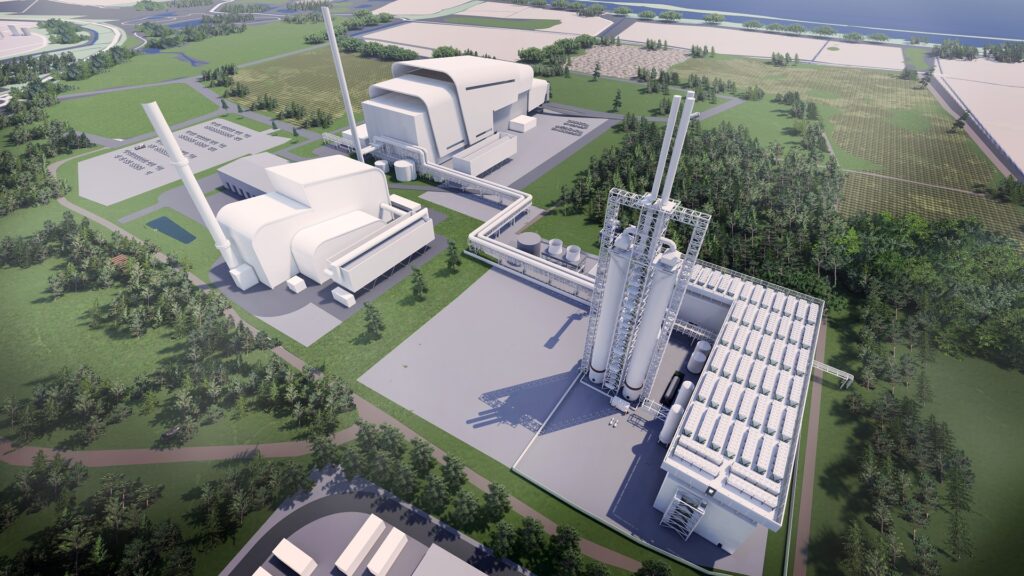The sorting facility had been out of action for about a month, after German contractor Lentjes uncovered problems with the £150 million incinerator during its commissioning stage over the summer.
The MRF is designed to process 65,000 tonnes of plastic, paper and cans each year, and Kent county council has confirmed that it has now resumed sending around 2,000 tonnes per month of commingled material to the facility.
Operators Kent Enviropower – part of Waste Recycling Group – said during the MRF shut down, collected recyclables were sent to a MRF in Essex for sorting, so no material collected for recycling went to landfill.
A spokesman for Maidstone-based Kent Enviropower explained: “Lentjes had to put a stop to processing because the furnace lining wasn't working as it should be.
“The materials recycling facility shut down for a short time. It was to do with the removal of the black bag waste, which was supposed to go to the incinerator and was back-logged after it shut down,” he said.
Incinerator
The incinerator is still out-of-action as testing and repairs continue. Designed to take in around 500,000 tonnes of black bag waste each year, the energy-from-waste facility is expected to be operational by the end of the year.
Once commissioning is finalised, Lentjes will hand over the incinerator to Kent Enviropower.
“We want to make sure we get everything running up to full speed, so that when the plant goes live, it's operating to maximum potential,” the Kent Enviropower spokesman said.
When the site is fully operational, it will accept waste and recyclables from businesses and local authorities in the Kent area, including 325,000 tonnes from Kent county council, under a 25-year contract.
The incinerator is designed to generate around 43 MW of power per hour, 34MW of which will go into the National Grid.











Subscribe for free